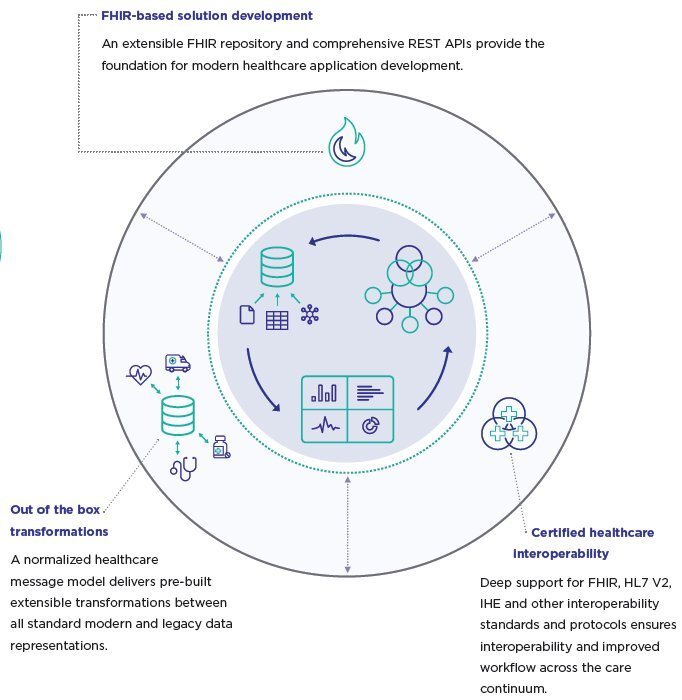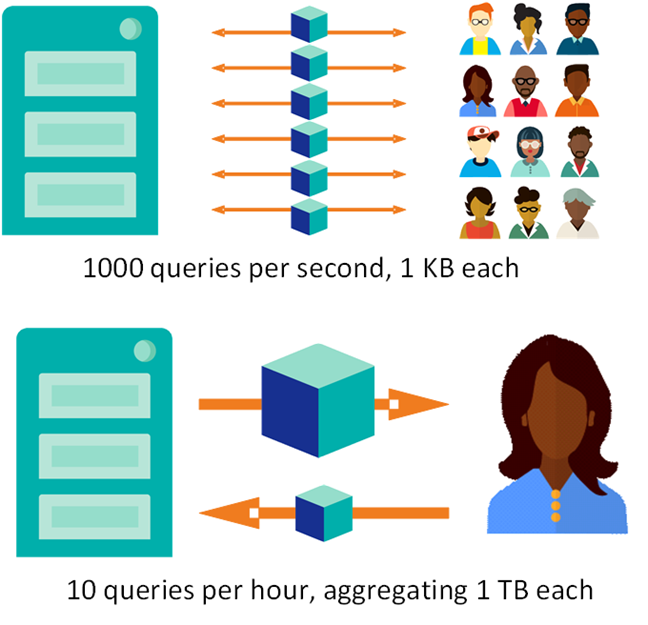InterSystems IRIS Data Platform is a comprehensive, multi-model, multi-workload data platform that is ideal for accommodating the challenging requirements of applications for the Internet of Things. It is a complete platform for developing, executing, and maintaining IoT applications in a single, consistent, unified environment. It features a distributed architecture to support massive data-ingest rates and data volumes, while providing the flexibility and durability of an enterprise-grade transactional multi-model database to ingest, process, and persist data from a wide range of devices in different formats. It features a complete set of integration, event-processing, and integrated analytics capabilities, including full SQL support and text processing, business process orchestration, and a standards-based development environment.
Connect to, ingest, and persist a wide range of disparate device data types and formats
The data types associated with IoT applications are often heterogeneous, as they may originate from various devices with diverse functions and manufactured by different vendors. The underlying data platform must be able to ingest and process a wide range of raw data types in their original formats. Many applications also require the data platform to persist all of the disparate source data to detect deviations from normal ranges, accommodate downstream ad hoc analytics, maintain regulatory compliance, and fulfill other purposes.
.png)

.png)
.png)



.png)